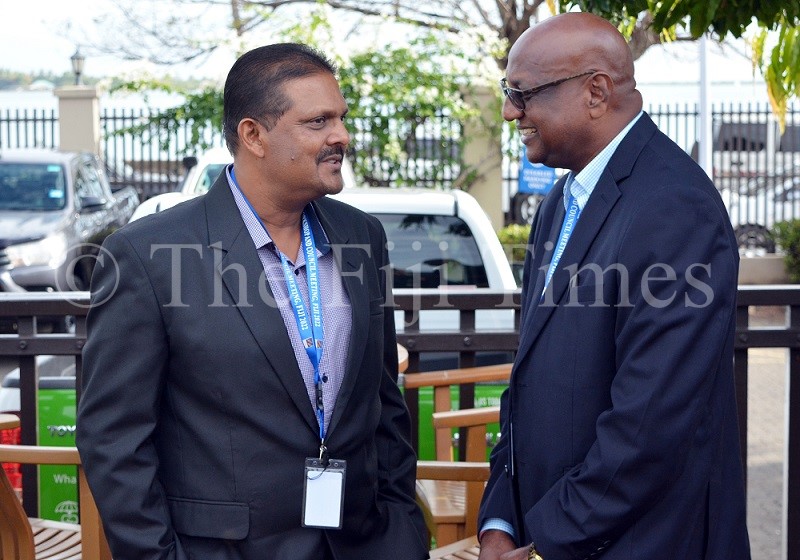Fiji Sugar Corporation CEO Bhan Pratap Singh says insecurity surrounding land tenure, climate change and world price volatility has led to falling investor confidence in the sugar industry.
Speaking at the 60th ISO Council Session meeting in Lautoka this week, he said as a result, the number of canegrowers declined over the past few years.
The CEO said that continued to be one of the major challenges for the industry.
“The sugar cane industry has been adversely affected due to climatic conditions,” Mr Singh said.
“For the past five years, cyclones and droughts have impacted growers around the country.
“Severe floods have led to extensive damages to crops, infrastructure and the mills.
“Most farms do not have a proper irrigation system, which affects yield output.”
Local and international stakeholders were told that Fiji’s sugar mills are more than 100 years old and incurred high maintenance costs that resulted in sugar recovery being compromised.
Mr Singh, who took over the CEO position in 2021, said declining cane quality had resulted in low cane production and 82 per cent of growers produced less than 200 tonnes of cane.
“The FSC suffered from the abolition of the EU Quota and preferential sugar price arrangement that Fiji enjoyed since 1975 under the EU Lome Convention.
“The fluctuating world market price is a major challenge.
“Last year was the lowest cane production because of the two cyclones that hit cane belt areas, this year we are expecting to produce 2 million tonnes of cane.”
The FSC presently has 11,400 active growers and about 35,670 hectares of land are currently used for cane farming.
Around 1.4 million tonnes of sugar were processed in the 2021 season and just more than 133, 000 tonnes of raw sugar produced.



